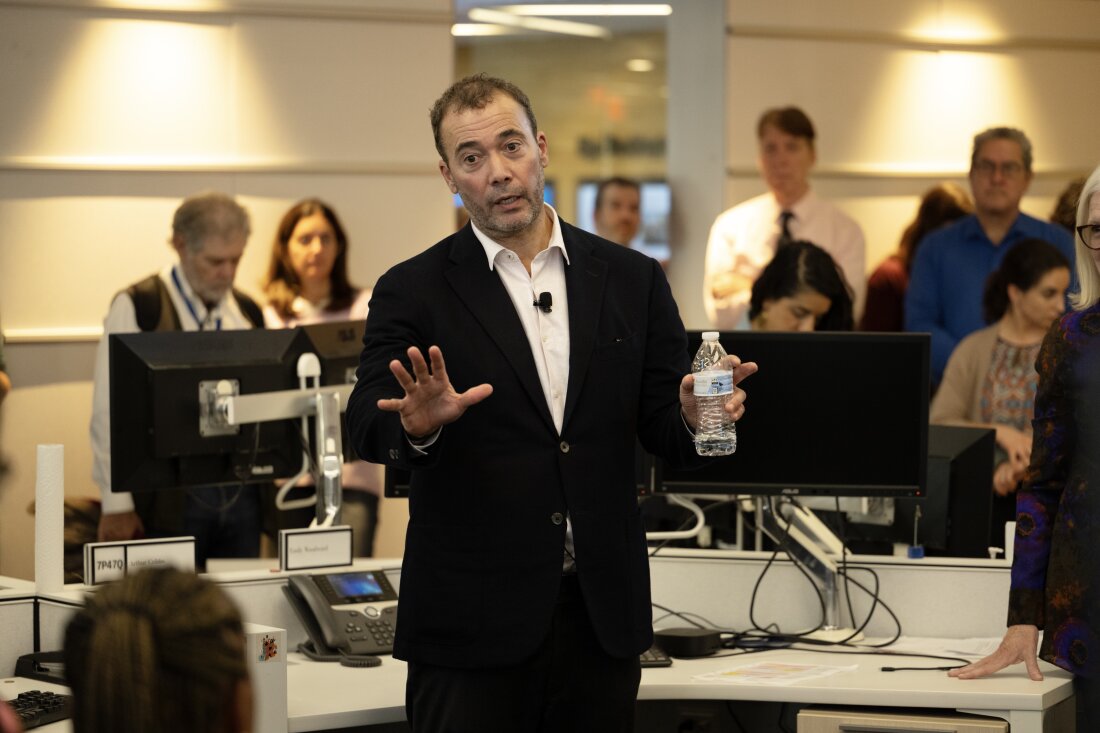Understanding the Impact of VAT on Private Schools: A New Era of Flexible Fees
As the landscape of private education shifts, parents are now faced with a perplexing scenario where the cost of schooling may vary significantly even for the same attributes of education. Effective January 2025, a 20% VAT will be imposed on private school fees, prompting institutions to reevaluate their pricing strategies. This extensive article delves into the implications of this tax and how it could fundamentally alter the dynamics between families and educational establishments.
The Surge of Negotiable Fees
In reaction to the VAT introduction, independent schools are pivoting towards offering more flexible fee structures. This evolution suggests that parents may have the power to negotiate tuition costs, which could lead to different payment rates for essentially the same educational experience. Schools are no longer adhering strictly to bursaries or scholarships but are instead opening the door to personal negotiations on tuition prices—a trend exemplified by insights from education experts. Neil Roskilly, a consultant with deep roots in the Independent Schools Association, notes that institutions are increasingly inclined to offer discounts to attract parents seeking affordable solutions amidst rising costs.
Impacts of VAT on Private School Fees
According to industry insiders, the discretion granted to schools for adjusting fees does not exclusively rely on financial need. This shift allows parents to inquire about possible discounts actively, which may not have been the norm in traditional pricing models. Lynne Horner from the Association of School and College Leaders highlights this flexibility, stating that reductions can often be organized based on sibling enrollment or financial hardship. However, this creates a delicate balancing act for schools between maintaining operational viability and underwriting their discount policies.
Challenges Ahead: Increasing Exclusivity
As private school headteachers warned in the wake of the tax announcement, it’s anticipated that the cost burden originating from VAT will inadvertently lead institutions to reduce the size of their bursary programs, ultimately perpetuating exclusivity within top-tier schools. Education Secretary Bridget Phillipson has expressed that outreach programs ought to persist, despite such challenges, steering the debate towards how institutions will balance their community engagement with financial feasibility.
The Challenges Private Schools Face in a Competitive Market
Moreover, the Office for Budget Responsibility has estimated an approximate 10% increase in fees due to VAT, causing parents across the spectrum to reconsider their educational choices, often leading them to shop around for more favorable terms in areas with a competitive slate of private schools—such as Surrey and Kent. Roskilly emphasizes that families are right to demand transparency from schools regarding their financial statements and reserves management.
The Push for Transparency
The conversation surrounding transparency in pricing structures has grown increasingly vital. Parents are now examining schools’ financial health more closely, and with the looming VAT implications, scrutiny will heighten. Schools must address this new reality; otherwise, they risk losing interested families to competitors who provide clearer and potentially more attractive offers. Grace Moody-Stuart from the Good Schools Guide Education Consultants warns institutions that cutting marketing budgets may prove disastrous and emphasizes the importance of demonstrating value to parents, particularly as affordability becomes a paramount consideration.
Communicating Value in Private Education
Conclusion: Navigating a New Educational Landscape
The introduction of VAT on private school fees represents more than just a tax change; it is a challenge to the traditional financial models that underpin educational institutions across the UK. As schools adapt to this environment, parents stand on the brink of a transformation that could redefine how educational value is perceived and exchanged. With flexible fees becoming the new norm, the onus is on families to leverage these opportunities while ensuring that educational institutions remain accessible amid rising costs.
As we move closer to the implementation date, ongoing examination and engagement in this dialogue will be essential for securing a balanced and equitable educational landscape that accommodates the diverse needs of all families.
Tags: Private Education, VAT, Tuition Fees, Education Policy, Independent Schools, Financial Transparency
Image Credits: Nokia Revenue | Telecom Innovations


 Photo by
Photo by 







